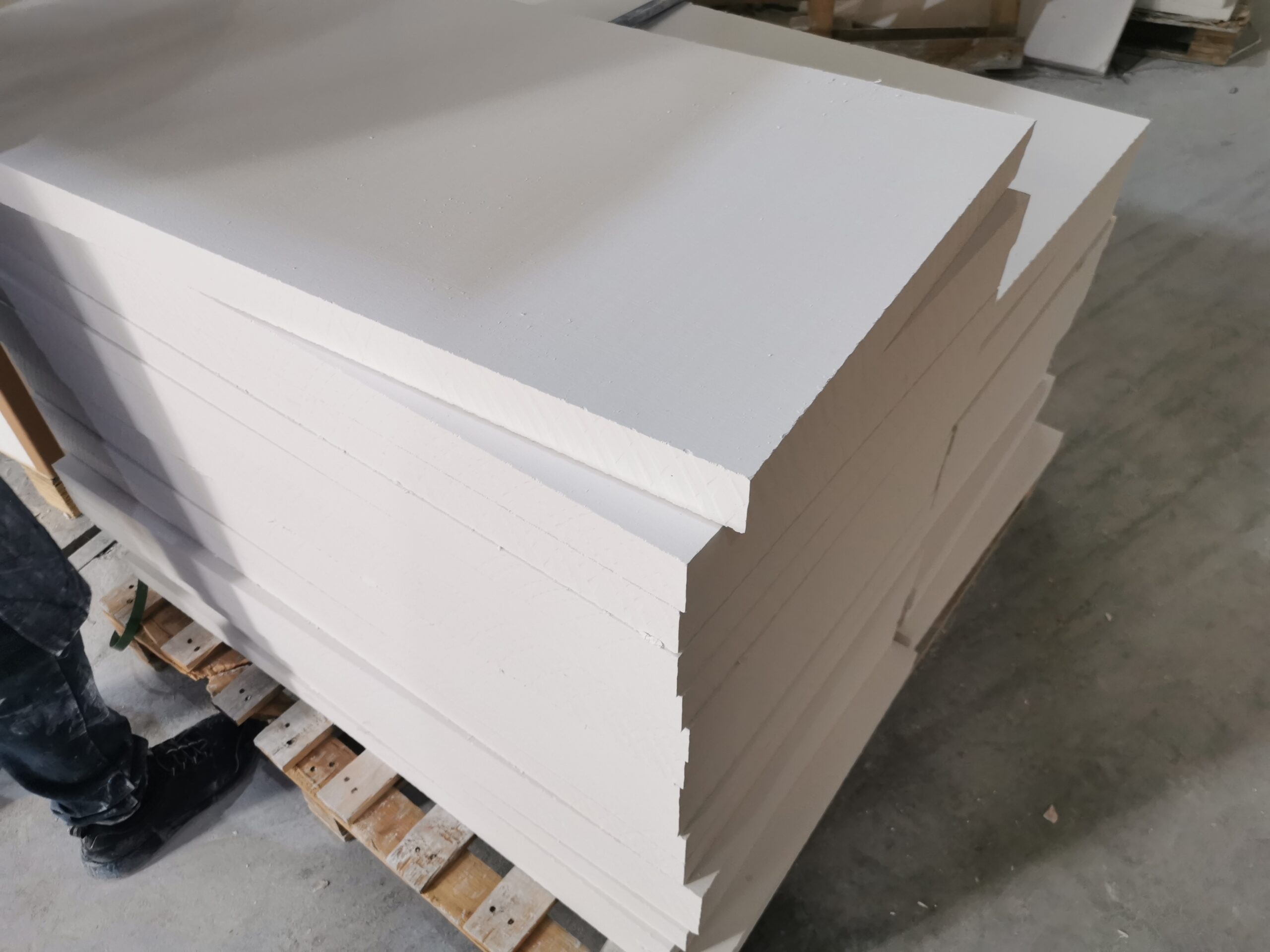Calcium silicate insulation boards are made of a mixture of sand, limestone and anhydrous gypsum formed under high temperature and pressure. They possess desirable properties that make them a good choice as insulation for industrial furnaces, ovens and other high temperature applications. Some key aspects regarding the thermal performance of calcium silicate boards include:

Thermal Conductivity
Thermal conductivity (k-value) is a measure of a material’s ability to transmit heat. The lower the k-value, the better the thermal insulating properties. Calcium ceramic fire board have moderately low thermal conductivity of calcium silicate in the range of 0.4 to 0.6 Btu-in/hr-ft2-°F. This means they allow less heat to pass through per unit time and area for a given temperature difference.
For comparison, materials like fiberglass, polystyrene and polyurethane foam have lower k-values around 0.23 to 0.28 Btu-in/hr-ft2-°F, while concrete has a higher k-value of 1.1 Btu-in/hr-ft2-°F. The moderate k-value of calcium silicate makes it a cost-effective insulation option for applications up to 2000°F.
Calcium Silicate Density & Porosity
The density of calcium silicate boards typically ranges from 30 to 60 lbs/ft3. Higher density boards have lower porosity and offer better insulating performance due to reduced air gaps. However, lower density boards below 30 lbs/ft3 are also available for less demanding applications.
The open cell structure and small pore sizes in calcium silicate help trap air pockets that inhibit heat transfer, contributing to its insulating properties. These physical characteristics also make calcium silicate boards lightweight and easy to cut and install.
Maximum Service Temperature
Calcium silicate ceramic board insulation can operate continuously at temperatures up to 2000°F without degradation. At these high temperatures, the material undergoes negligible shrinkage or loss of strength, retaining most of its insulating properties.
However, for intermittent or short-term exposure, calcium silicate boards can tolerate temperatures up to 2400°F. This high maximum service temperature makes them suitable insulation for industrial furnaces, high temperature ovens, kilns, dryers and heat processing equipment.
